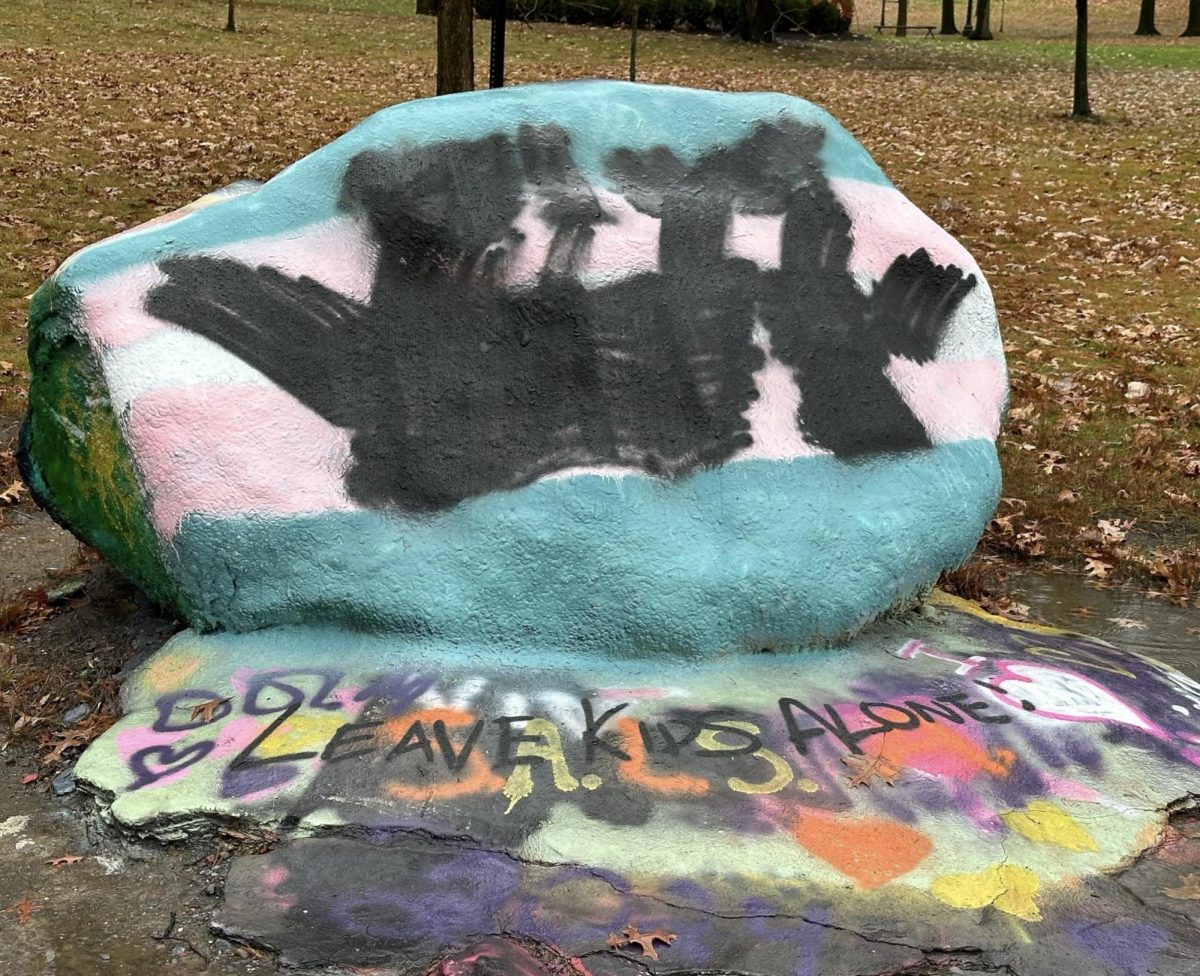Through training and hands-on experience, Kent State University Police work to acknowledge the problems and find solutions to keep students safe in crisis situations.
Tricia Knoles, an administrative sergeant with the department, is approaching her 19th year on the force this year. Through her time working with the department, she shed some light on how things are handled.
Each officer on the force goes through 40 hours of crisis intervention training
“They learn different ways to deescalate, talk to a person during a crisis, different mental health issues, ways to respond to a child in crisis, and different ways to respond to somebody that is not neurodiverse or has some other type of challenge,” Knoles said.
Upon completion of the training, Knoles said officers then do hands-on training to end the course. This gives them a chance to practice what they have learned, she said.
With each crisis needing different attention and help, the university is able to point students in a direction that suits them. Some of these options include going to Coleman Health and Behavioral Services or going to University Hospitals for an evaluation. If a crisis were to occur after Coleman business hours, students are taken to Coleman Access, which is a 24-hour mental health service.
Rarely, an officer may need to pink slip a student. A pink slip is officially called an emergency admission form.
This process begins if the responding officer feels as though the person needs to be brought into custody to receive mental health care. If upon further examination the person seems as though they are a danger to themselves or others, they are then pink slipped, according to NEOMED. Knoles said 90% to 95% of students voluntarily admit themselves.
Bristol Lily is a reporter. Contact them at [email protected].








